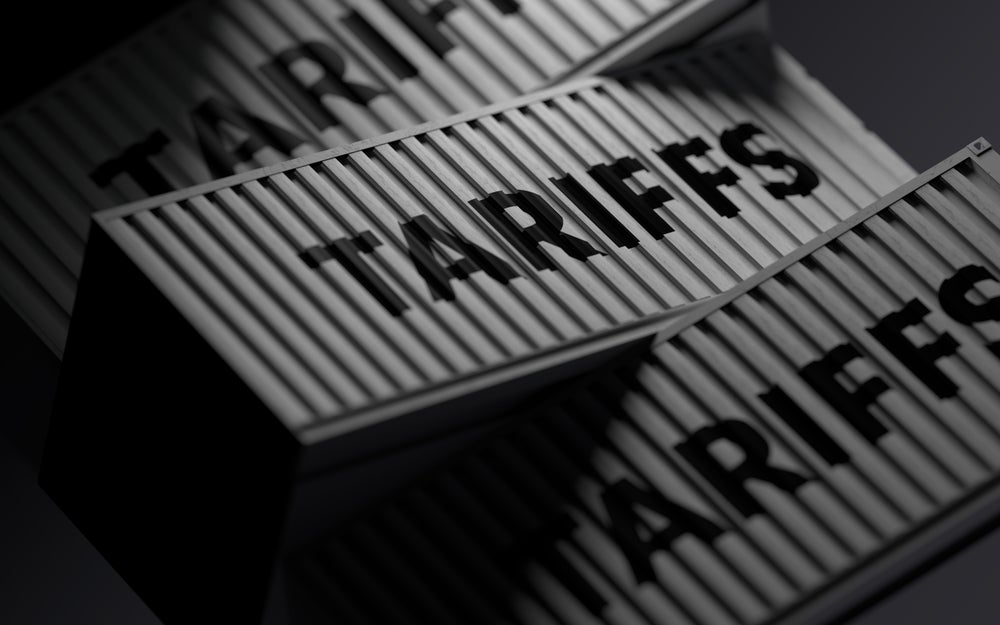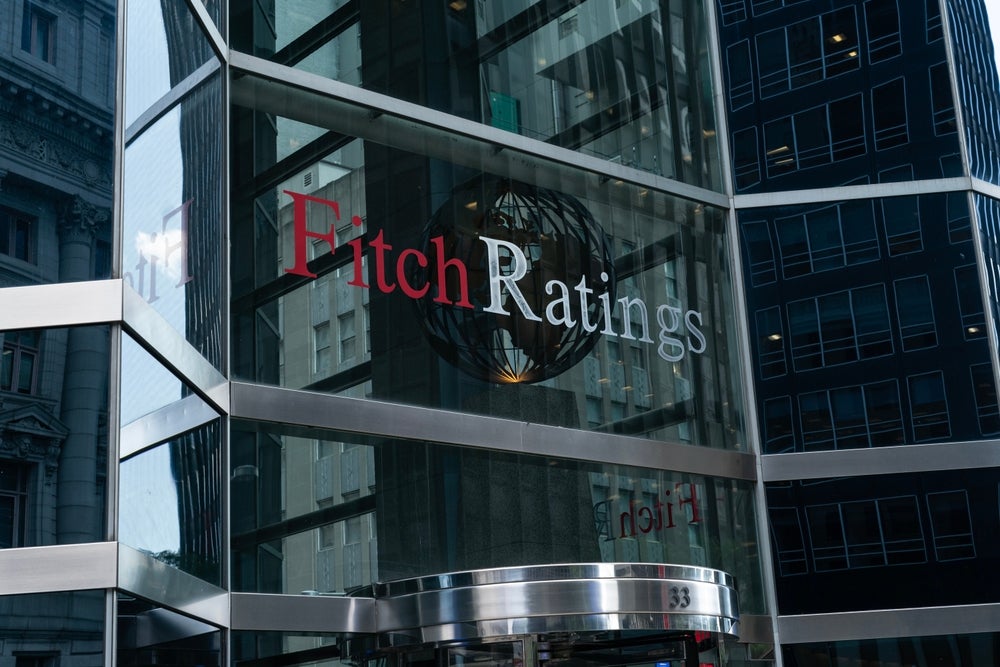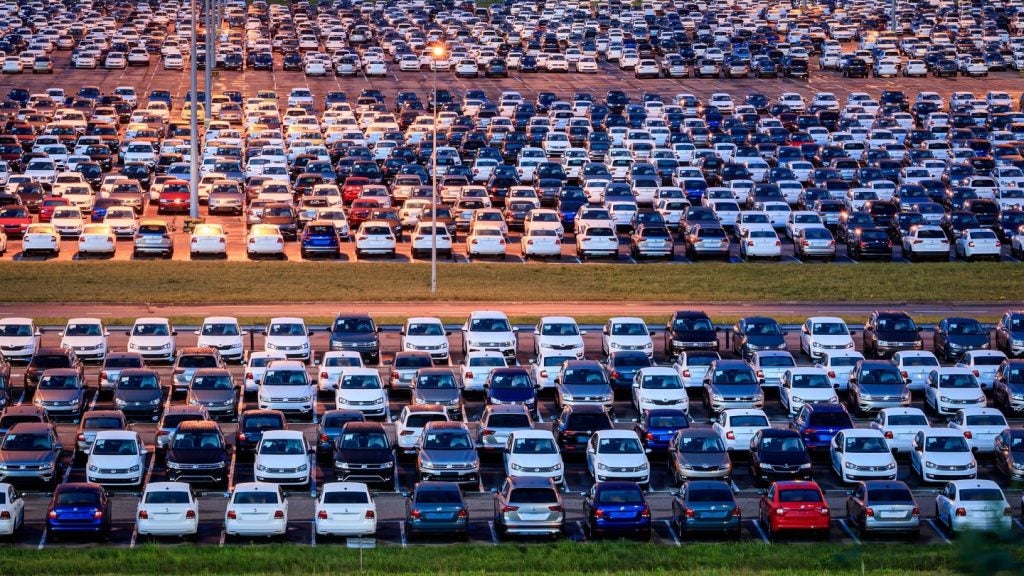
The UK government has announced a relaxation of its Zero Emission Vehicle (ZEV) Mandate rules in response to the imposition of US tariffs by the Trump administration, amid increasing concerns from the automotive industry about competitiveness and electric vehicle (EV) uptake.
Prime Minister Sir Keir Starmer has described the tariffs as “not good news” but said they reflect that “the world has fundamentally changed”. The UK has responded with adjustments to its climate and industrial strategy, including a modified approach to the ZEV Mandate and further funding for electrification.
Key updates include:
- Reduced fines for manufacturers missing EV sales targets
- Continued sale of hybrid vehicles until 2035
- A £2.3 billion support package for EV manufacturing and adoption
- Greater flexibility for carmakers until 2030
- Over £6 billion in private investment pledged for chargepoint infrastructure by 2030
- Confirmation of the 2030 phase-out date for new petrol and diesel cars
The policy shift follows sustained lobbying from industry bodies and comes amid rising uncertainty over the global trading environment, with concerns that UK manufacturers may lose competitiveness due to retaliatory trade measures.
Industry response: Cautious but concerned
The Vehicle Remarketing Association (VRA) welcomed the revised mandate with caution. Chair Philip Nothard acknowledged that the government had recognised the challenges of achieving the original targets.
“There has been a general recognition that existing targets were proving unrealistic and a relaxation was needed that accounted for real world market conditions,” Nothard said, pointing to added flexibility on hybrid and diesel vans as helpful for transition planning.

US Tariffs are shifting - will you react or anticipate?
Don’t let policy changes catch you off guard. Stay proactive with real-time data and expert analysis.
By GlobalDataHowever, he warned that the used EV market remains a “big issue” for the sector. “Residual values are extremely poor and there are much greater volumes of EVs heading to the used market very soon,” he said, calling for more consumer incentives and investment in charging infrastructure.
Fleet sector warns changes do not go far enough
Peter Golding, managing director of fleet software firm FleetCheck, was more critical. He said the updated ZEV rules failed to resolve the key obstacles to electric van adoption, namely cost, capacity and range.
“By allowing diesel and hybrid vans to stay on sale until 2035, the government is potentially giving fleet operators an excuse to continue using ICE vehicles and ignore the issue for a few more years,” he said.
He called for further action to stimulate demand, including targeted incentives akin to the tax benefits that have driven electric company car adoption.
Retailers seek alignment with Europe
Sue Robinson, chief executive of the National Franchised Dealers Association (NFDA), welcomed the amendments but said they do not go far enough to address the disparity between the UK and European regimes.
“The previous iteration of the ZEV mandate was causing significant harm to the UK automotive sector,” Robinson said. “We welcome the changes made today… however it is vital that more incentives are available to encourage the consumer to move to EVs.”
She urged alignment with EU targets and penalties to maintain competitiveness, adding that the UK “remains the most aggressive regime for the EV transition”.
Support for broader consumer incentives
Auto Trader’s commercial director Ian Plummer agreed that while the changes provide some relief, they fail to address weak consumer demand.
“There are more new and used EVs than ever on sale now, increasing the choice and affordability of the cars,” he said. “At this critical moment for the global economy, ministers should underpin consumer demand with tax breaks, such as cutting VAT on public charging.”
Calls for more support for EV charging
Commenting on the rule changes, Russell Olive, UK Director at charging management software provider Vaylens, said: “The rule relaxation is a pragmatic move, but fleets can’t steer through uncertainty alone. From a macro perspective, businesses running EV fleets, whether that’s delivery vans, logistics vehicles or company cars, may not be on the frontline of trade disputes, but they’ll still feel the effects.”
He said the combination of rising EV costs and supply constraints, shaped by global trade tensions, made it critical to invest in robust and scalable charging infrastructure.
“Extending the hybrid sales window may ease short-term pressures, but long-term challenges remain: for example, how do we streamline access, reimbursement and data management across all charging scenarios? Continued investment in reliable, easy-to-manage charging systems, from depot to home to public, is essential to keep businesses committed to electrification.”
Adrian Fielden-Gray, COO of the Be.EV national charging network, criticised the government for focusing too heavily on manufacturers rather than consumers. “Today’s news is yet another example of there being too much ‘stick’ and not enough ‘carrot’ when it comes to EVs,” he said.
He pointed to the removal of key consumer incentives in recent years — including grants for home chargers and EV purchases, and the upcoming removal of vehicle excise duty exemptions — and called for policies that prioritise driver adoption.
“In practice, the EV driver keeps losing out,” Fielden-Gray said. “The government has the power to make the 2030/2035 target redundant if they shift their focus to creating more incentives to make EVs more attractive to consumers.”






